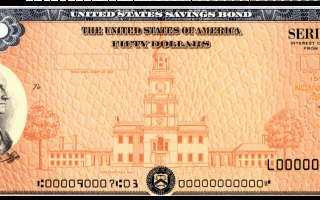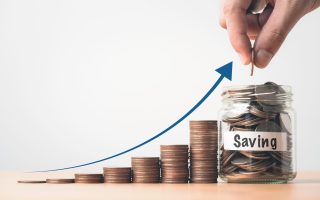
High-yield savings accounts have exploded in popularity over the past few years, especially with interest rates finally rising after a long dry spell. The promise is tempting: safer than investing, more lucrative than traditional savings, and easy to access anytime you need your money. But here’s the truth: not all that glitters is financial gold.
While high-yield savings accounts sound like a no-brainer for the cautious saver, they come with downsides and blind spots that rarely make it into the flashy bank ads. If you’re relying on one of these accounts to grow your money long-term, you might be falling for the hype. Here are nine hard truths savers don’t like to hear but should.
1. Inflation Still Eats Your Gains
Yes, a high-yield account pays more than your traditional savings account. But if inflation is running at 3% and your account earns 4.2%, your real rate of return is just over 1%. That means your purchasing power barely improves, if at all. Over time, inflation has a compounding effect just like interest does. But instead of growing your money, it erodes it silently, especially if you’re keeping large amounts idle in cash.
2. Rates Change Frequently (and Quietly)
That juicy 4.5% APY you opened the account for? It’s not guaranteed for life or even for the rest of the year. Online banks can change rates at any time, and they often do. The fine print usually gives them full freedom to adjust without much warning. Savvy savers often find themselves rate-chasing across banks to keep up, which is time-consuming and not always worth the effort.
3. Taxes Take a Bite
Interest earned on high-yield savings accounts is considered ordinary income, not capital gains. That means you’re taxed at your highest rate, and you’ll owe even if you don’t touch the money. In retirement, or if you’re in a high tax bracket, this can quietly eat away at your returns, especially compared to tax-advantaged alternatives like Roth IRAs or municipal bonds.
4. Most People Keep Too Much in Cash
High-yield savings are best for short-term goals or emergency funds, not for stockpiling everything you’ve got. But many savers, spooked by market volatility, end up keeping far more in cash than they should. The result? Years of missed growth potential that compound into significant opportunity loss.
5. They’re Not Really “High-Yield” Long Term
Even in today’s relatively favorable rate environment, the returns from a high-yield savings account pale in comparison to long-term investment vehicles. The S&P 500 has averaged 8–10% returns historically, and even conservative bond portfolios often outpace savings interest. In short, they have a higher yield compared to other savings accounts, not compared to real growth strategies.

6. Withdrawal Limits Still Exist
Federal Regulation D used to limit certain withdrawals to six per month. While those rules were lifted during the pandemic, many banks kept their own limits in place. Go over them, and you could face fees or even account closure. For something advertised as flexible, these limits can be a frustrating surprise, especially in an emergency.
7. Not Ideal for Retirement Savers
If you’re using a high-yield account as part of your retirement plan, it likely won’t keep up with what you’ll need decades down the line. It’s just too conservative to outpace inflation or fund a longer lifespan. Think of it as a holding tank, not a strategy.
8. They Can Make You Feel Too Safe
There’s a psychological trap in seeing your money sitting safely, untouched, and slowly growing. It feels secure. But comfort can cost you. This “safe” feeling often leads people to delay or avoid investing altogether, which can severely limit their financial growth over time.
9. Banks Use Your Fear to Their Advantage
Why do banks love high-yield savings accounts so much? Because they know you’ll park your money and leave it there. They get to lend it out or invest it for far more than they’re paying you in interest. In essence, your cautious saving strategy is helping fund their profits—and you’re getting the smallest slice of the pie.
Is Your Money Working as Hard as It Could Be?
High-yield savings accounts aren’t scams—they’re just often misunderstood. They serve an important purpose for emergency funds, short-term savings, and keeping money liquid. But they’re not a cure-all for long-term financial health. Before you over-celebrate your 4% APY, ask yourself: is your money working as hard as it could be?
Are you relying too much on your savings account, or are you ready to make your money grow beyond the “safe zone”?
Read More:
3 Financial Benefits of Investing in a Roth IRA
The Best Place to Put Savings From A Side Hustle – Savings Bonds

Riley Jones is an Arizona native with over nine years of writing experience. From personal finance to travel to digital marketing to pop culture. When she’s not writing, she’s spending her time outside, reading, or cuddling with her two corgis.






Comments